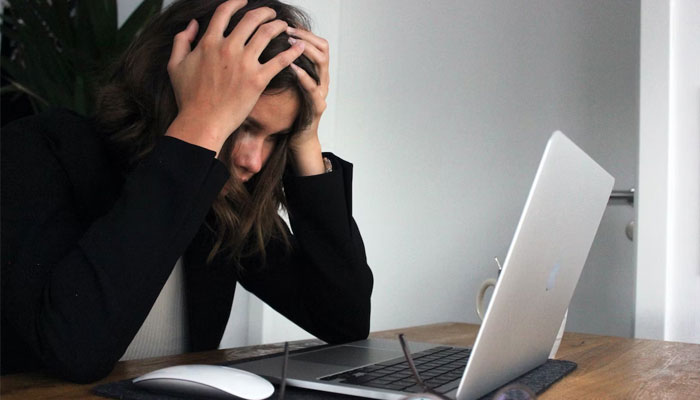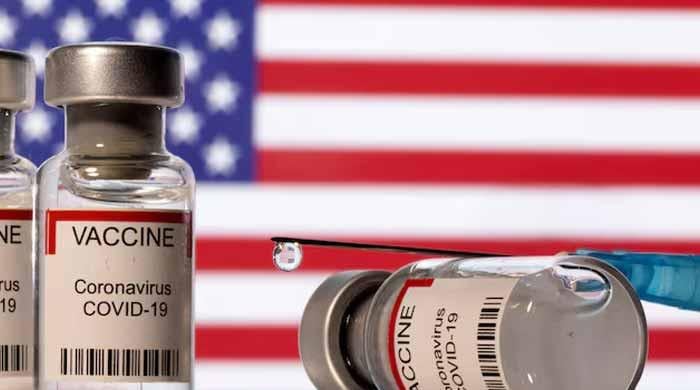Beware of symptomless anxiety? Here's what you can do to avoid it
"There was not enough evidence to back screening for adults 65 and older," says the task force
June 21, 2023

As the healthcare estimates suggested spiking rates of depression and stress, a public health panel US Preventive Services Task Force suggested Tuesday for the first time that all middle-aged adults should be checked for anxiety regularly even if they don't have any symptoms, reported NBC News.
The force also recommended healthcare professionals assess patients for depression since 2002. They also said that pregnant women and those who gave birth within the past year are among the people who should be screened.
While in an interview, Dr Wanda Nicholson, vice chair of the task force and a professor of prevention and community health at the George Washington Milken Institute of Public Health in Washington, DC said: "This is a call to action."
The recommendations were put forth as spiking emotional stress patients led to an increased demand for the limited counsellors and therapists countrywide.
"We recognize that there can be limitations in terms of access to mental health providers within the health care system," Nicholson said.
The task force also said: "There was not enough evidence to back screening for adults 65 and older."
The recommendations were published Tuesday in the Journal of the American Medical Association, and considered as final.
"This is a positive step forward," stated Dr Gary Maslow, an associate professor of psychiatry and behavioural science at Duke University who was not involved with the new guidance.
The force earlier recommended screening children as young as 8 for anxiety disorder.
How to test for anxiety?
Usually, anxiety testing involves answering some questionnaires provided by doctors as they ask about things that happened or felt in the past two weeks such as easily annoyed or irritable, disturbed by uncontrollable worries or feeling restless.
After analysing the responses, experts suggest medication or refer the patient to a specialist who treats anxiety disorders.
According to Chivonna Childs, a staff psychologist at the Cleveland Clinic, screening is important because anxiety or depression symptoms may not be obvious during regular doctor visits.
Childs added: "Not everybody's going to come in your office in a ball of nerves, shaking, having panic attacks. Most people don't have any of that."
But Maslow stressed: “The screening tools are not diagnostic.”
"When you screen someone you say, 'OK, you have some of the symptoms that are consistent with anxiety. Let's talk about that more in detail and see if you meet the criteria for this condition,'" he said.
The task force's recommendations specifically referred to pregnant and postpartum women. In many ways, they are a different population, remarked Nicholson.
Recent surveys indicate a rise in mental health issues in pregnant women.
"We are urgently calling for more research to determine the effectiveness of screening all adults for suicide risk," Dr Gbenga Ogedegbe, a task force member and professor of population health and medicine at New York University, said in a statement.









